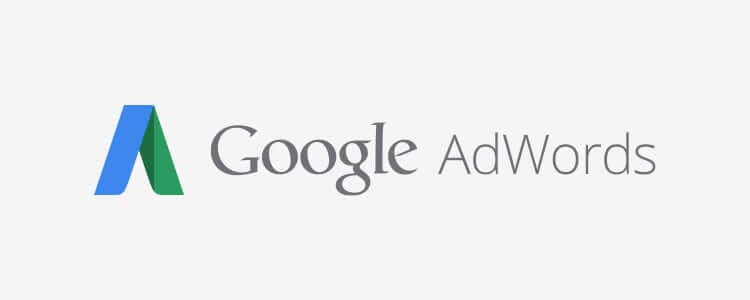AdWords can be complicated. While new advertisers can get started running ads in just a few minutes, mastering the intricacies can take much longer. Here are some common mistakes we see with new advertisers.
Not using negative keywords
This is one of the most costly, yet common, PPC mistakes that advertisers make. People spend so much time focusing on what keywords they want to target they tend to forget the importance of not showing up for keywords that they don’t want to show up for. Take a company that only sells mountain bikes. They are throwing money down the drain by not using negative keywords such as “road bike” or “stationary bike”. This seems relatively obvious but other terms that could be added in could include things like “cheap” or “used” or terms describing things like trails or other aspects of mountain biking that are not relevant to the retailers purpose of selling mountain bikes.
Not using proper match types
The next most common mistake among new PPC advertisers is a tendency to use primarily broad match keywords. Again this lack of specificity is costing these advertisers money by leaving the door open to interpretation. Let’s say our mountain bike retailer uses the broad match terms mountain bike, full suspension mountain bike, and best mountain bike in their account. Having these terms set to broad match means that Google has the freedom to determine queries that are similar to these terms. This could result in the ad showing for someone who searches something along the lines of “best mountain bike trails” or “full suspension dirt bike” etc…
The main takeaway here is that by using match types such as “phrase” and [exact] you have much more control over what queries your ads will show for.
Forgetting Ad Extensions
Google made an important announcement last year regarding ad extensions. While they have always been helpful tools that can provide more information to searchers, now they are even more important since they now factor into Google’s Quality Score equation. The higher your Quality Score, the lower your cost per click. Simply having Ad Extensions in your account will improve your Quality score and provide a better Ad Rank at a lower cost.
Poor account structure
When we take over an existing account we end up restructuring the account almost 90% of the time. The reason for this is due to a tendency people have to take the lazy way of buildingAdWords Campaigns and ad groups. While it is much easier to only have a few ad groups containing all of your keywords, it will cost you in the long run due to low quality scores and confused visitors who are shown ads that are not relevant to their search.
It is vital that your account structure is set up in a clean and logical way. Campaigns should be split out by search and display rather than being lumped together. Campaigns should have logical naming conventions so that you can quickly and easily see what each campaign’s purpose is. Ad groups should be made up of tightly knit keywords and keyword phrases that are highly relevant to both the ad copy within the ad group as well as the landing page.
Not bidding on your own brand terms
A lot of people view bidding on their own brand terms as a waste of money. This is a mistake for several reasons. First of all it is a very common strategy for direct competitors to bid on each other’s brand terms. If someone is looking for Mountain Bike A, they might also be interested in Mountain Bike B. By not bidding on your own brand terms, you are leaving the door open for your competitor to occupy a spot above your organic rankings. If you don’t bid on your own terms, rest assured that competitors will.
Header Image Courtesy of Flickr User Simon Berry (CC BY 2.0)

